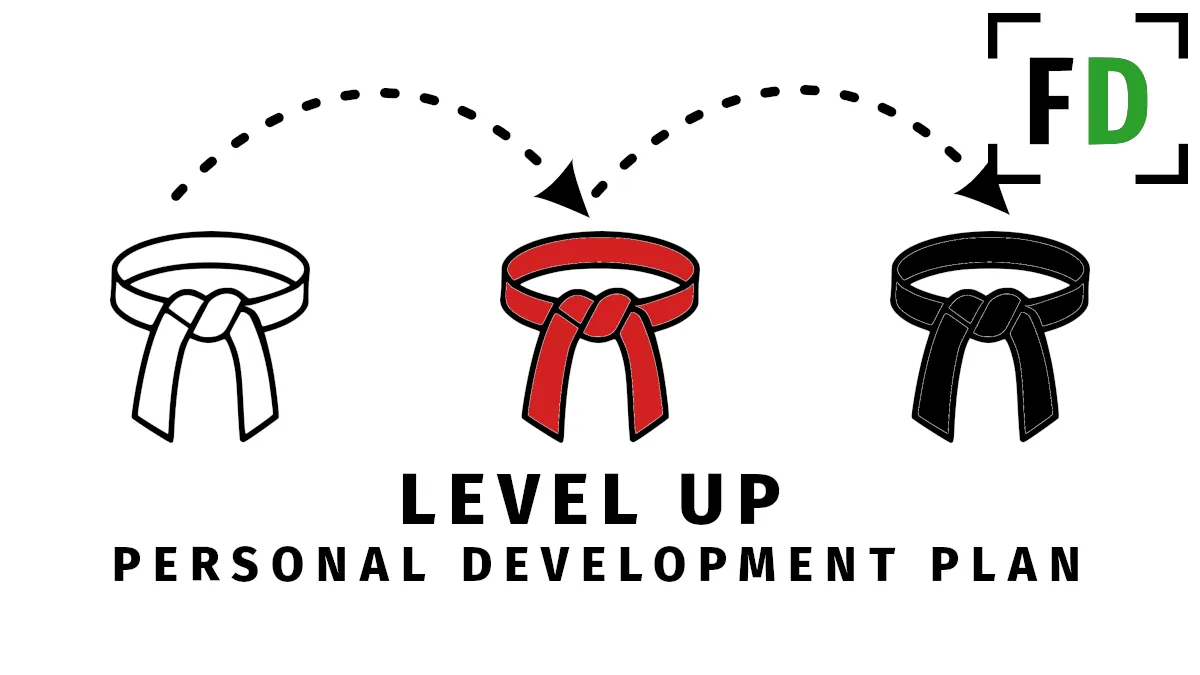I recently wrote a tweet about the advantages of being a digital nomad, “Three things digital nomads get that you don’t.” It got me thinking about how differently my life would have turned out if I hadn’t taken up my things and moved to China 17 years ago. So here are three huge benefits of being a digital nomad that no one ever talks about.
Forget about the cliches like, “You get to see the world,” “make your own work schedule,” or magically “picking up the local language.” Anyone can do those things if they want and put in the time.
And although politics, war, the pandemic, and economics have changed the world since I made my first trip, these three things are even truer now than they were back then.
After spending my entire adult life as a digital nomad (almost 20 years,) here are three things digital nomads get that you don't.
— Face Dragons (@FaceDragons) November 28, 2023
👇👇👇 pic.twitter.com/Vjy7hrzzPL
- Digital nomads have more money than their stay-at-home peers.
- Digital nomads have more opportunities.
- Digital nomads have more time.
Give Yourself a Financial Advantage
I know what you’re thinking, “Most digital nomads are broke, moving from place to place, staying in nasty hostels, spending any money they get on partying.” And, of course, you do find nomads like that. But not for long. I call them “year abroad types,” not digital nomads. They’ve usually recently graduated and are taking a year abroad to squeeze a little more fun out of life before settling down to a day job.
But it doesn’t take long before they run out of money or get fed up with living that life.
Most of them head back home, but one or two figure out a way to stay, becoming bona fide digital nomads, slomads, or ex-pats.
There are three normal tracks that digital nomads take to get a job overseas. Check out all 12 types of digital nomad, too.
- Their company sends them (or allows them to work remotely)
- They are self-employed or freelancing (usually making money online)
- They find a job in their target country
According to Statistica, 70% of digital nomads earn between $50,000-$250,000.
No matter which track you take, you end up with more money. Here’s why.
The first track is the golden egg. You keep your job and your salary, you telecommute to the office from a cafe (or one of these awesome locations for remote work), and your living expenses drop off a cliff. Of course, it depends on where you go. But as a remote working digital nomad, you have the choice, so go somewhere cheap!
That’s why so many digital nomads end up in Thailand. The rent for a typical apartment in Chiang Mai is $400/month.
With less rent to pay, cheaper food, and bills, you get to keep a bigger chunk of your wages, which you can save or invest for when you need it.
Anyone who has tried to start a business, make money online, or become self-employed will tell you that the first year is a struggle. You’re no longer making a stable income (and maybe making nothing at all) but still have your day-to-day expenses. Most people can only survive a few months before giving up and going back to the job market.
When I started blogging with Face Dragons, it took almost two years before I saw any financial return. But I was living in a spacious apartment that cost about $300, and I could afford to live off my savings because the cost of living was so much lower. If you want to start a side hustle or online business, do it as a digital nomad.
Trying to find a job in your industry in another country and get a work visa is tough. But there are some jobs that you can immediately get if you’re willing.
Teaching English is the backbone of digital nomadism. Even after China’s clampdown on after-school teaching companies, there is still massive demand for online English teachers. A typical English teacher in Beijing earns between $3000-$4000 per month. After bills and living expenses, you can easily save half of that.
Alternatively, you can try finding a job while in the country. This is the route of the “year abroad types.” While in the expat bars and other places foreigners frequent, you find out about the possible employment opportunities there. You get approached by people looking for foreigners.
More Opportunities
Within a week of arriving in China, my Chinese teacher approached me about teaching English at a nearby school, and an agency asked me to work as a male model. I took both part-time jobs and found that, as a 21-year-old, I had more money than I could spend. A beer in the expat bar cost a dollar, and my favorite meal there cost about $3. My first modeling gig paid about $180 – that’s a lot of sweet and sour pork with rice!
Over the years, I played parts on National TV, married couples, recorded commercials, and was the voice for a nationwide English exam.
It wasn’t just me. Everyone I knew was getting these opportunities. One evening, a guy walked into the expat bar and told us he wanted to import some cars and needed a foreign passport to do so. The next morning, everyone in the bar accompanied him to the import office, passport in hand, and signed a form. He paid each of us $3000.
After a decade or so, however, I realized there were better opportunities than being the token foreigner in the latest TV drama or helping Samsung’s virtual assistant understand my accent.
There were jobs that paid even better.
Sure, 21-year-old me would never have gotten these jobs. But for 31 years, they were there for the taking. After a decade, I had the skills and experience that made me a rare catch.
The trick is to remember the first advantage of being a digital nomad above. When you level up and find a better-paying job, don’t upgrade your lifestyle. At least not too much.
If you were saving a thousand bucks a month teaching English online, you might start saving five thousand a month when you land a high-paying position. Don’t squander it.
The Biggest Benefit of Being a Digital Nomad (Time)
There’s an advantage of becoming a digital nomad that few know about. I never even realized it until about a decade in.
About a block from my first apartment was a newspaper stand that stood on the side of a busy Tianjin road. It looked like an upside-down sardine can with a window cut into the side. When winter came, and the snow was a foot deep, they shoveled a path to the sardine can and piled the snow up along the path. The newspaper guy worked in slow motion during the cold winters.
Waiting in line next to a wall of compacted snow was the only way to call family back home. The sardine can was the only place to get international phone cards.
Naturally, I didn’t call family or friends back home very often. But years later, with FaceTime, WhatsApp, and other smartphone apps, it was only an occasional message or video chat.
When I’m back home, however, I might drive my sister to town to help her pick up some oversized purchase, spend Sunday afternoon and evening at my Mom’s having a roast dinner and drinks, go out for a meal with friends in the week and spend countless hours messaging with them all organizing it all.
I love my family and friends, but they do take up a huge amount of time. The examples above (which were taken from a real week of my life) amount to approx 23 hours.
- Taking my sis 4 hours
- Dinner at Mom’s 8 hours
- Dinner with friends 4 hours
- Messaging friends 7 hours (1 hour per day)
When I’m in Thailand, China, or anywhere else, it’s like 3 hours a week. I gain 20 hours every week!
You then get a choice of what to do with that time. Most digital nomads will spend a few of those extra hours learning the local language. They will spend some time experiencing the beaches, mountains, and cultural spots. And many digital nomads will use those extra hours to build a second income, a business, or a passive income stream.
What did I do with the hours I gained?
- I speak fluent Chinese
- I speak Tibetan
- I learned to code and wrote my own software
- I built two businesses
- I have one completely passive income stream
- I learned to juggle five balls (you’ve got to have some fun, too!)
It Doesn’t Need to Be Forever
There is a digital nomad sweet spot that no one ever talks about.
When you first arrive in another country, with all your stuff. You don’t know what you’re doing, you don’t understand what people are saying, and you won’t instantly gain the benefits above.
- You might pay too much for your first apartment
- Move into the wrong (expensive) part of town
- Get stung doing the touristy things
- And miss opportunities right in front of you
I did.
So, like most things, it takes time to become a successful digital nomad. If you want to be a digital nomad or expat for a year or two, you won’t return home with any savings or skills like language abilities.
So what’s the sweet spot?
It will be different for everyone, of course, but from my experience of knowing hundreds of expats and digital nomads over the years, 7-12 years is enough to gain everything you want.
Two years just to find your feet, explore and enjoy the new lifestyle, then 5-10 years to build wealth, build skills, and save money. Good luck!












